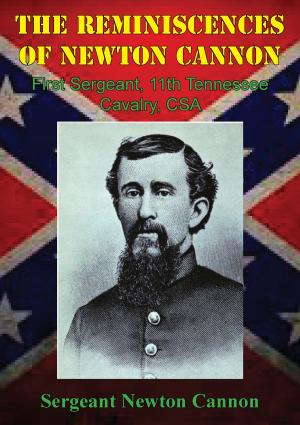Opportunities Lost: Prelude To Chickamauga
Nonfiction, History, Modern, 19th Century, Americas, United States, Civil War Period (1850-1877), Military| Author: | Major Mark A. Samson | ISBN: | 9781786253828 |
| Publisher: | Golden Springs Publishing | Publication: | November 6, 2015 |
| Imprint: | Golden Springs Publishing | Language: | English |
| Author: | Major Mark A. Samson |
| ISBN: | 9781786253828 |
| Publisher: | Golden Springs Publishing |
| Publication: | November 6, 2015 |
| Imprint: | Golden Springs Publishing |
| Language: | English |
This study investigates the history of the Confederate Army of Tennessee from formation under command of Braxton Bragg through the eve of Chickamauga. The specific question to be answered is whether the Army of Tennessee was presented opportunities to destroy the Union Army of the Cumberland prior to Chickamauga, and if so why they were not taken advantage of. Answering this question requires an examination of the history of the Army of Tennessee prior to September 1863, with emphasis on Braxton Bragg’s personality and abilities.
Between September 9th and 10th 1863 Bragg had a concrete opportunity to destroy a large part of the Army of the Cumberland in McLemore’s Cove, and over succeeding days he identified other favorable situations that might have led to successful attacks on isolated Union Corps. He was, however, unable to orchestrate a successful strike against the separated Federal units. A key contributor to the failures was the poor Confederate command climate that had developed in the Army of Tennessee over the preceding year. Bragg’s Corps commanders and some Division commanders lacked confidence in Bragg’s abilities. This led them to hesitate when prompt obedience was called for. Bragg himself grew frustrated by his inability to compel heartfelt cooperation from his principal subordinates and became unwilling to take a bold risk when opportunity appeared.
This study investigates the history of the Confederate Army of Tennessee from formation under command of Braxton Bragg through the eve of Chickamauga. The specific question to be answered is whether the Army of Tennessee was presented opportunities to destroy the Union Army of the Cumberland prior to Chickamauga, and if so why they were not taken advantage of. Answering this question requires an examination of the history of the Army of Tennessee prior to September 1863, with emphasis on Braxton Bragg’s personality and abilities.
Between September 9th and 10th 1863 Bragg had a concrete opportunity to destroy a large part of the Army of the Cumberland in McLemore’s Cove, and over succeeding days he identified other favorable situations that might have led to successful attacks on isolated Union Corps. He was, however, unable to orchestrate a successful strike against the separated Federal units. A key contributor to the failures was the poor Confederate command climate that had developed in the Army of Tennessee over the preceding year. Bragg’s Corps commanders and some Division commanders lacked confidence in Bragg’s abilities. This led them to hesitate when prompt obedience was called for. Bragg himself grew frustrated by his inability to compel heartfelt cooperation from his principal subordinates and became unwilling to take a bold risk when opportunity appeared.

![Cover of the book Three Months In The Southern States: The 1863 War Diary Of An English Soldier: April-June 1863 [Illustrated Edition] by Major Mark A. Samson](https://www.kuoky.com/images/2014/august/300x300/9781782895435-v1gu_300x.jpg)
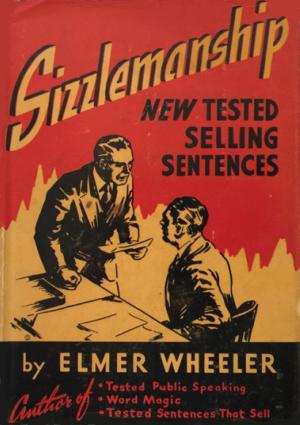
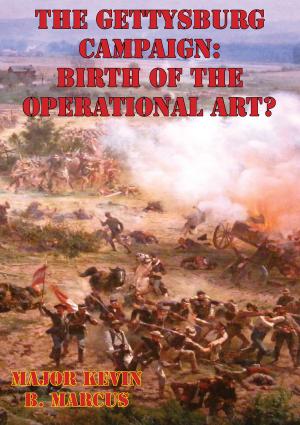
![Cover of the book Staff Ride Handbook For The Vicksburg Campaign, December 1862-July 1863 [Illustrated Edition] by Major Mark A. Samson](https://www.kuoky.com/images/2015/november/300x300/9781782899358-IHvn_300x.jpg)
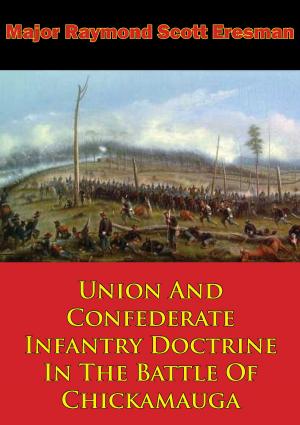


![Cover of the book Analysis Of The Relationship Between Technology And Strategy And How They Shaped The Confederate States Navy [Illustrated Edition] by Major Mark A. Samson](https://www.kuoky.com/images/2014/august/300x300/9781782896067-yTa1_300x.jpg)
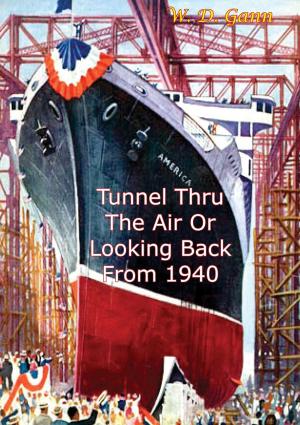


![Cover of the book Artillery Employment At The Battle Of Gettysburg [Illustrated Edition] by Major Mark A. Samson](https://www.kuoky.com/images/2014/august/300x300/9781782893943-pbeA_300x.jpg)
